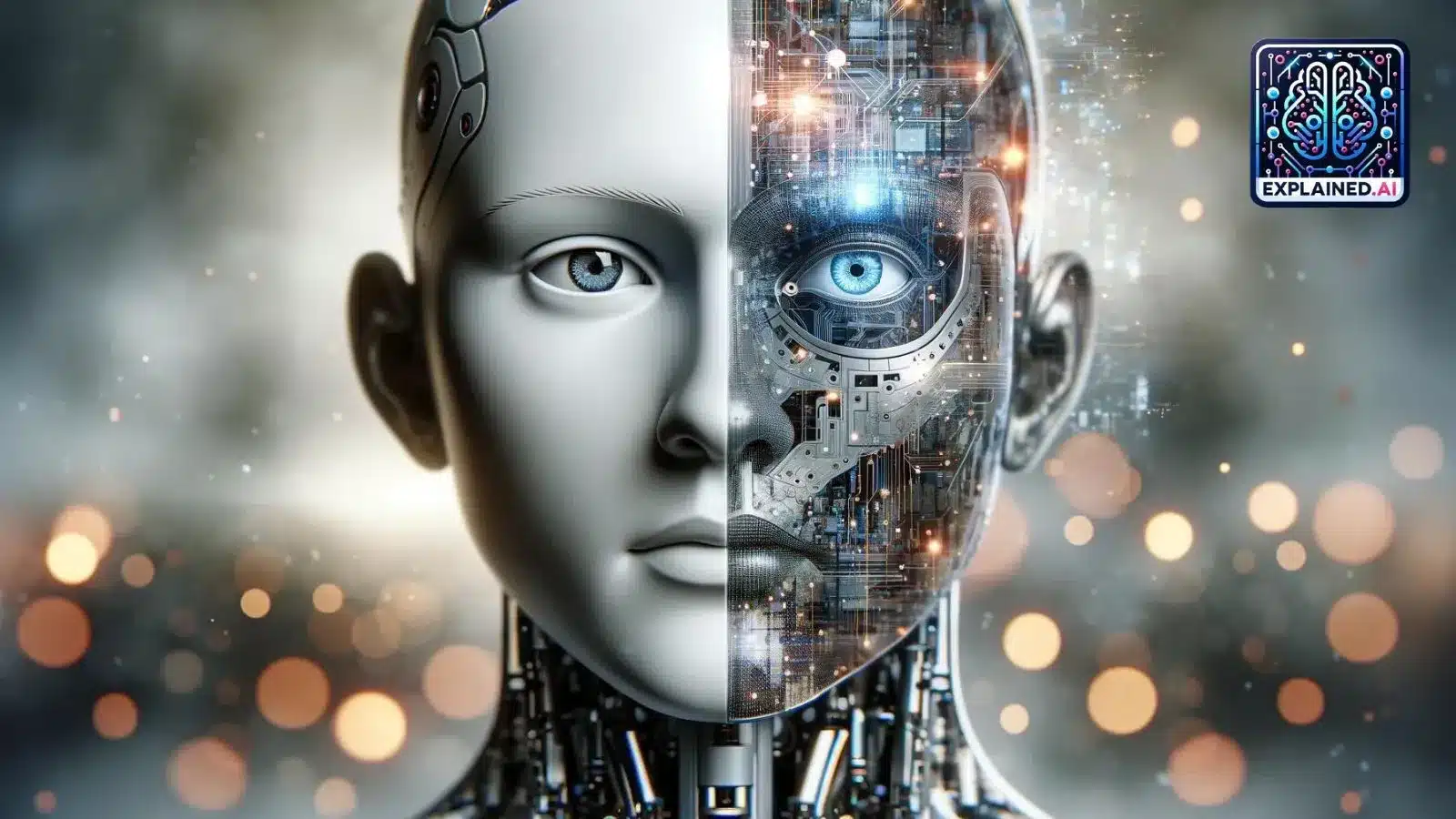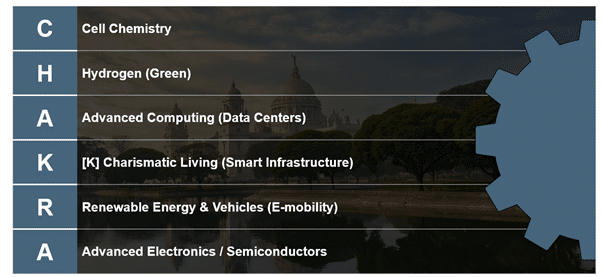About Artificial General Intelligence
- It refers to a machine or a software that can perform any intellectual task that a human can do. This includes reasoning, common sense, abstract thinking, background knowledge, transfer learning, ability to differentiate between cause and effect, etc.
- It aims to emulate human cognitive abilities such that it allows it to do unfamiliar tasks, learn from new experiences, and apply its knowledge in new ways.
How is AGI different from AI we already use?
- The main difference between AGI and the more common form of AI, also known as narrow AI, lies in their scope and capabilities.
- Narrow AI is designed to perform specific tasks such as image recognition, translation, or even playing games like chess—at which it can outdo humans, but it remains limited to its set parameters.
- On the other hand, AGI envisions a broader, more generalised form of intelligence, not confined to any particular task (like humans).
Applications of AGI
- Healthcare: It can redefine diagnostics, treatment planning, and personalised medicine by integrating and analysing vast datasets, far beyond the capabilities of humans.
- Finance and business: AGI could automate various processes and enhance the overall decision-making, offering real-time analytics and market predictions with accuracy.
Q1: What is Artificial intelligence (AI)?
It is a discipline of computer science that focuses on developing intelligent agents—systems that can reason, learn, and make decisions on their own. AI research has given excellent solutions to a wide range of issues, from gaming to medical diagnostics.
Last updated on January, 2026
→ Check out the latest UPSC Syllabus 2026 here.
→ Join Vajiram & Ravi’s Interview Guidance Programme for expert help to crack your final UPSC stage.
→ UPSC Mains Result 2025 is now out.
→ UPSC Notification 2026 Postponed for CSE & IFS which was scheduled to be released on 14 January 2026.
→ UPSC Calendar 2026 has been released.
→ UPSC Prelims 2026 will be conducted on 24th May, 2026 & UPSC Mains 2026 will be conducted on 21st August 2026.
→ The UPSC Selection Process is of 3 stages-Prelims, Mains and Interview.
→ Prepare effectively with Vajiram & Ravi’s UPSC Prelims Test Series 2026 featuring full-length mock tests, detailed solutions, and performance analysis.
→ Enroll in Vajiram & Ravi’s UPSC Mains Test Series 2026 for structured answer writing practice, expert evaluation, and exam-oriented feedback.
→ Join Vajiram & Ravi’s Best UPSC Mentorship Program for personalized guidance, strategy planning, and one-to-one support from experienced mentors.
→ UPSC Result 2024 is released with latest UPSC Marksheet 2024. Check Now!
→ UPSC Toppers List 2024 is released now. Shakti Dubey is UPSC AIR 1 2024 Topper.
→ Also check Best UPSC Coaching in India

















